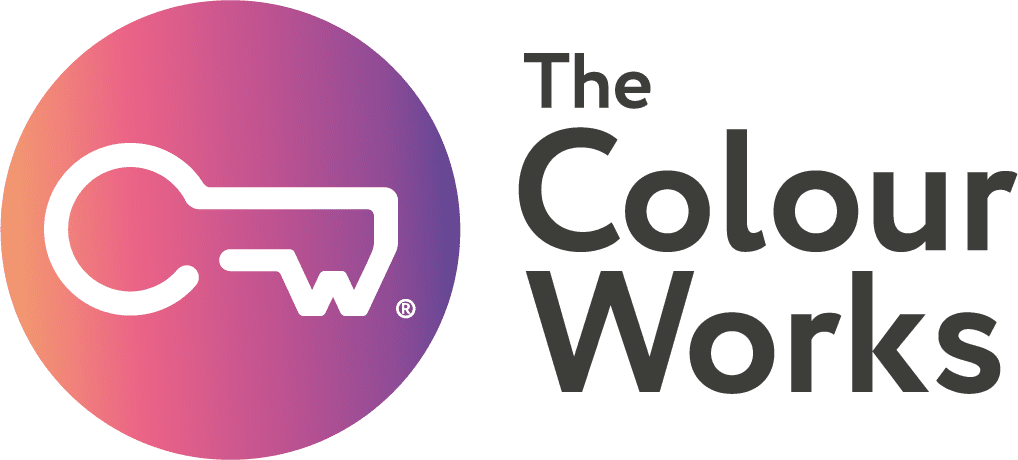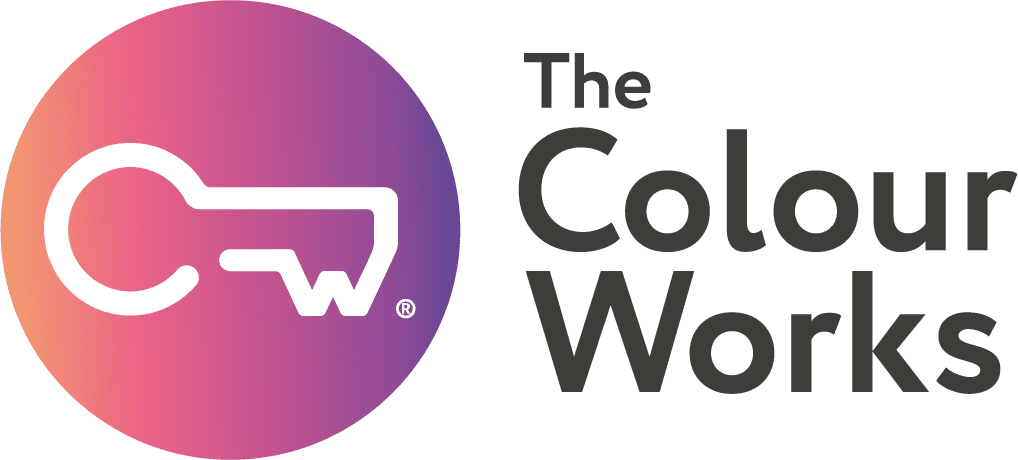Politicians habitually play it, and from both sides too, by apportioning blame rather than constructively seeking solutions. Little wonder that people try to cover their tracks when they screw up.
Playing the blame game is different to that other scurrilous activity ‘kick-the-dog’, as Nathanael Fast pointed out in his Harvard Business Review blog a while ago. In that game, people typically get their ass kicked by someone higher up the hierarchy and then pass it bad-temperedly down the line until it ends up in a junior intern’s lap who runs wailing and bemused into the arms of a sympathetic friend.
Fast says the blame game is more like a virus, something that we catch when we come into contact with people protecting their self-image. Why does this happen? Because when we see one person protecting their self-image we deduce that our self-image may be at risk, so we take steps to defend ourselves. Similar to ‘kick-the-dog’, then, but different – the blame game can go up the line, down the line and along the line, so no-one’s safe.
Fast says that when public blaming occurs – especially by leaders – the effects can be very damaging. People take fewer risks, innovation and creativity are stifled, and opportunities to learn from mistakes are missed – in short, a culture of fear and suspicion is created. But it’s not just leaders who play the blaming game. Next time you read a newspaper, listen to the radio watch ‘Question Time’ or ‘Prime Minister’s Questions’ look out for people playing the blaming game. Almost everyone’s at it! How about in the company you work for? How about you?
A Better Way
The good news is we don’t have to play. Win-Lose strategies always produce a loser and can often lead to Lose-Lose outcomes. And why does it so often have to be a matter of one person or side versus another anyway? Whatever happened to co-operation, collaboration, colleagues, allies, partners, same-team, same-goals?
Fast says managers can keep a lid on blaming behaviours by publicly acknowledging their own mistakes and by rewarding employees for learning from their mistakes. Intuit Incorporated in the U.S. regularly hold ‘When Learning Hurts’ sessions to comb through their mistakes to identify valuable insights into ways to hit the bulls-eye next time.
Even Coca-Cola have grasped the nettle and made a point of including innovation failures in their annual meetings, which traditionally would have been seen as tantamount to swimming in a shiver of sharks with a bleeding leg. Coke’s Chairman and CEO E. Neville Idsell sees it differently.
He wants Coke to take bigger risks, and to do that he knows he needs to convince employees and shareholders that he will tolerate the failures that will inevitably result. “Using the annual meeting (to get this message across) elevates it to another order of importance” he told Business Week.
Perhaps most interestingly of all, HBR’s Mr. Fast found that people can be inoculated against the blame virus by self-affirming their own worth. “By giving [ individuals] the chance to bolster their self-worth we removed their need to self- protect through subsequent blaming,“he says. It seems that by reminding ourselves of our talents and all the things we get right we can stop the blame virus in its tracks.
The added value of this, of course, is that self-affirmation serves the exact same purpose as playing the blaming game – namely, to protect our self-image – but it does it in a far more open, positive and even-handed manner. What this means practically is that we should create a culture of “psychological safety, learning, and innovation” in which people feel safe to slip up, safe to push boundaries, and safe to fall on their backsides now and again. Can’t argue with that.
“What do you first do when you learn to swim? You make mistakes, do you not? And what happens? You make other mistakes, and when you have made all the mistakes you possibly can without drowning – and some of them many times over – what do you find? That you can swim! Well, life is just the same as learning to swim.
Do not be afraid of making mistakes, for there is no other way of learning how to live!”
Alfred Adler







